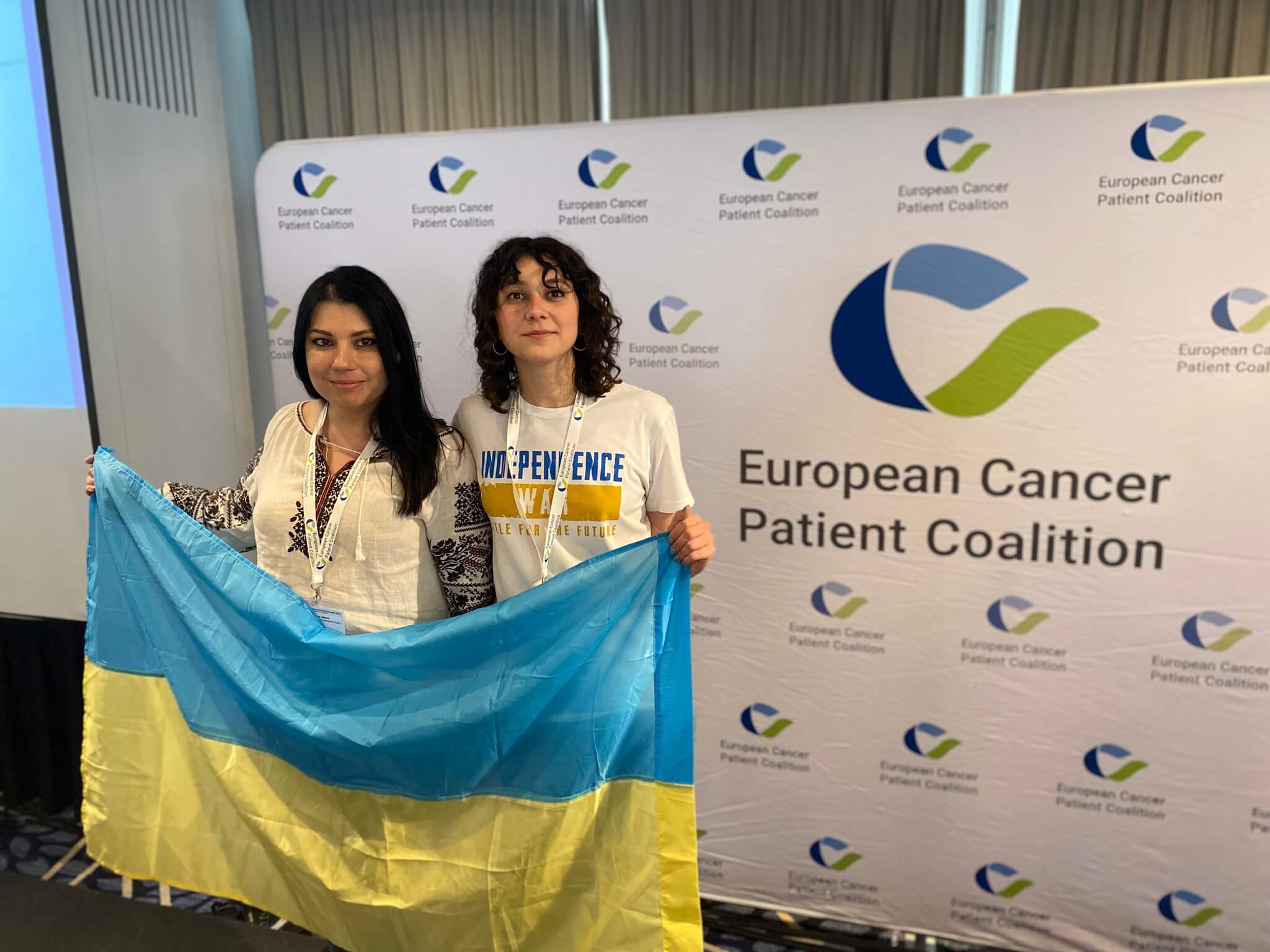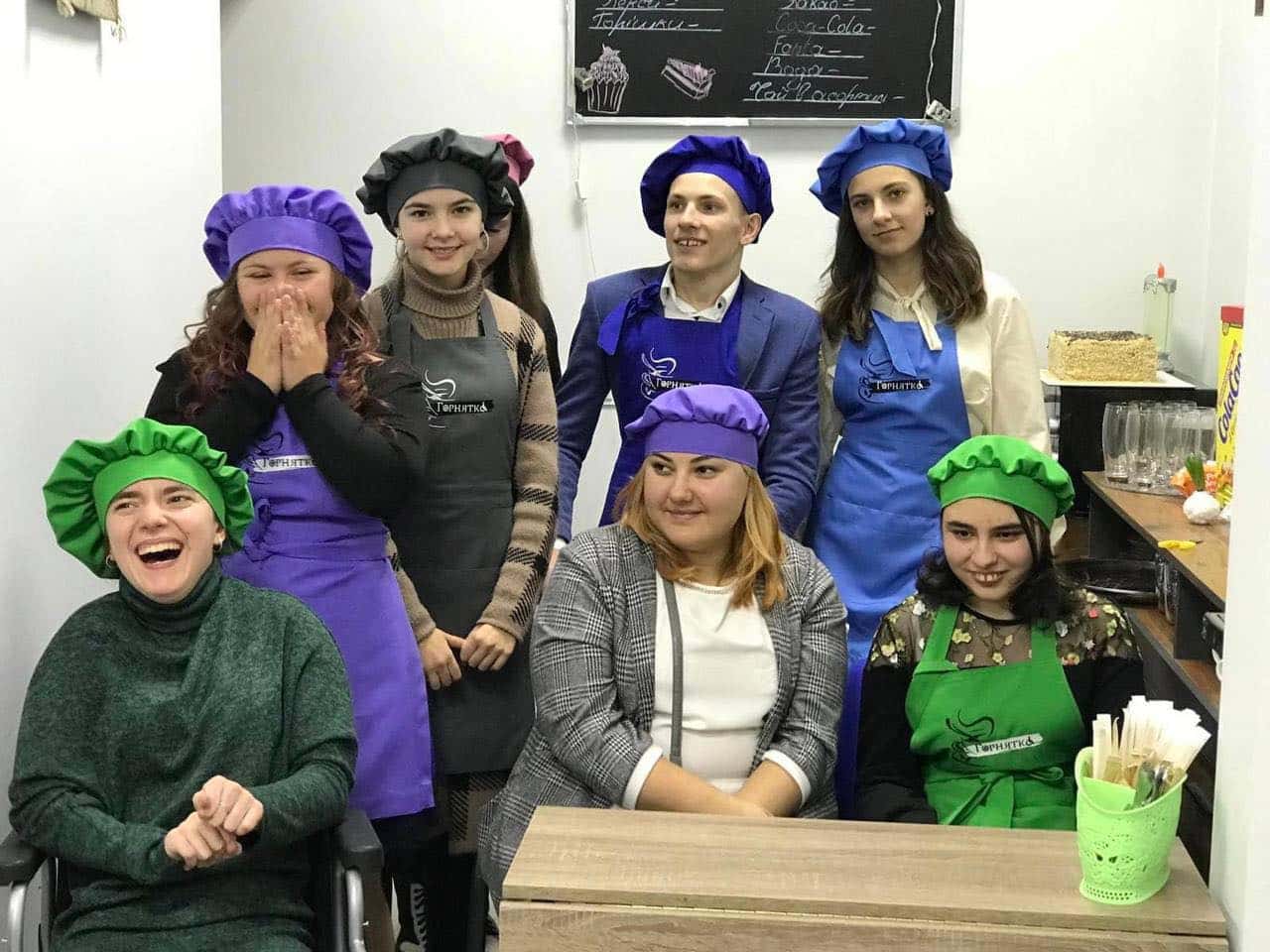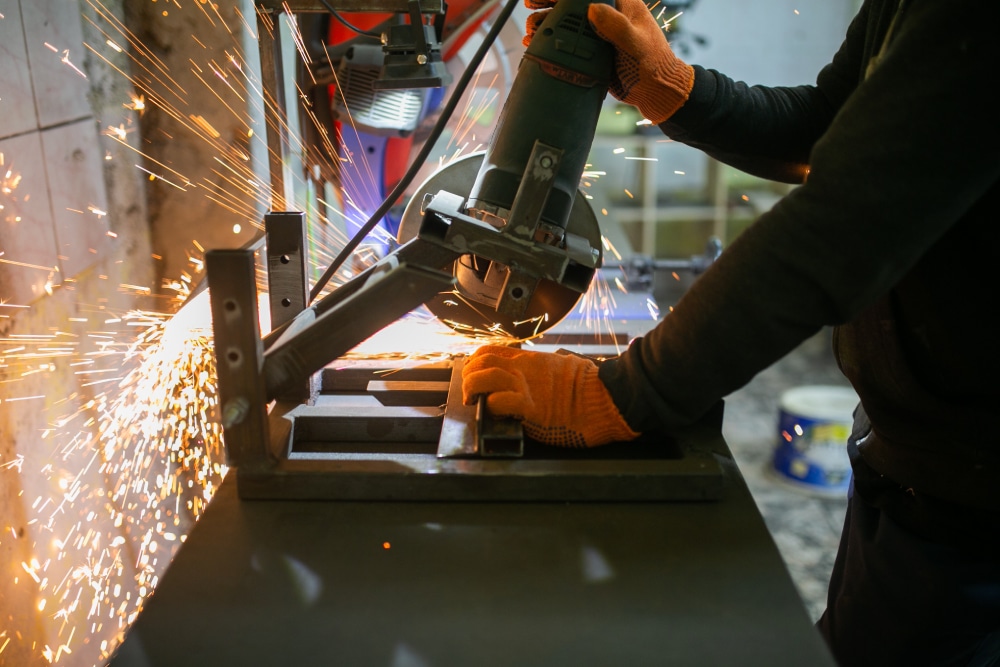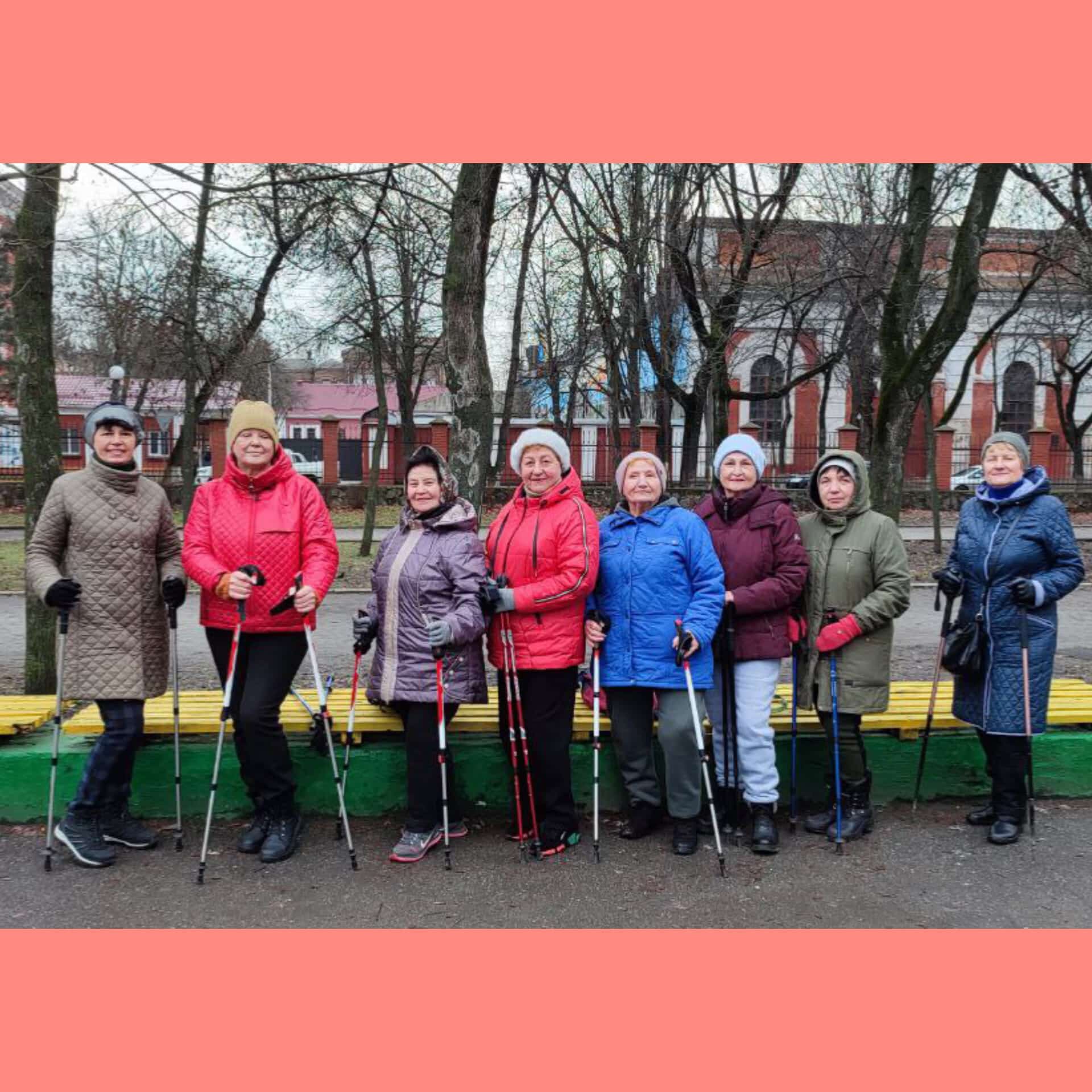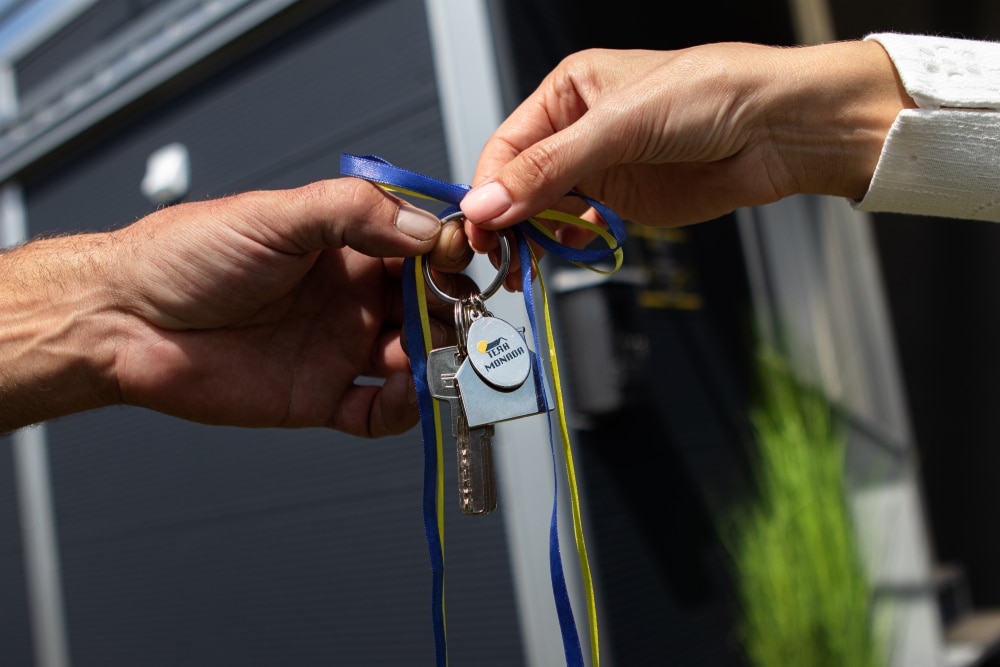Cancer Survivors Day was held in Ukraine on June 5. We spoke with Inessa Matiushenko, co-founder of the Inspiration Family charitable foundation. We talked about how the war affected all cancer patients in Ukraine, what new challenges the organization has faced, what kind of solutions have been found, and how the world community came together to help Ukrainians fight cancer.
What was your team doing before the full-scale invasion?
Our main goal is to achieve systemic changes in adult oncology. We unite public figures, doctors, the state and stakeholders. There is no point in solving particular problems separately. We want to change the system of healthcare for adult patients in general. Before the full-scale invasion, we had three areas of activity.
Advocacy and systemic change are primarily about working with the state. Our Goodbye Hair project provides emotional and informational support: through photo shoots and a group on Facebook, where people can communicate directly with each other, with doctors, with psychologists, etc. A separate task is to make cancer understandable through information campaigns and projects in Ukraine.
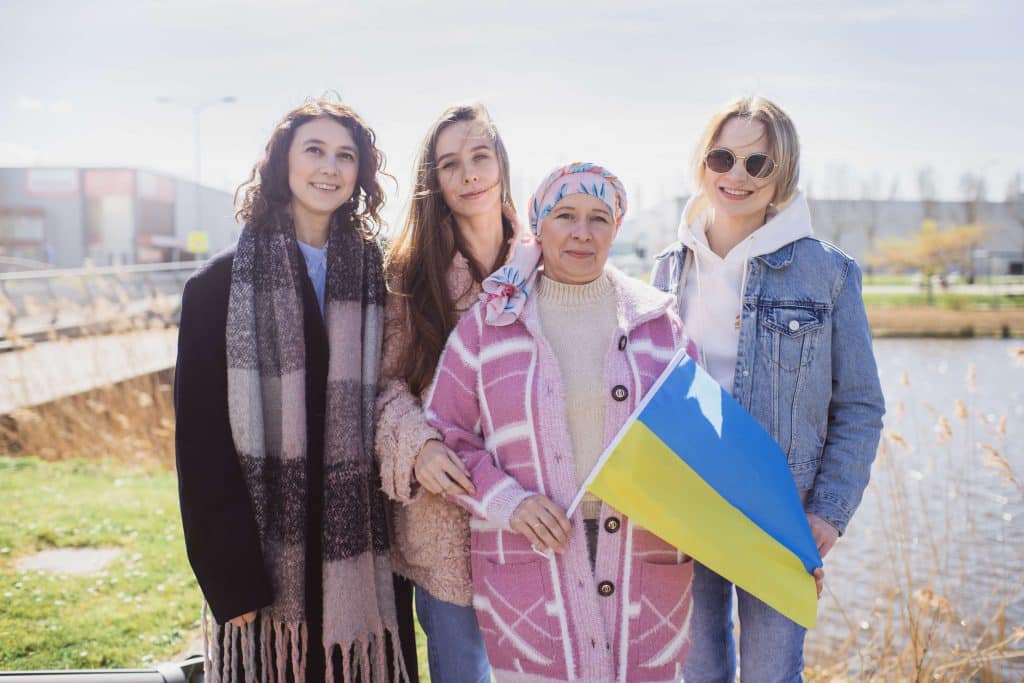
What has changed since February 24?
We have never worked with targeted assistance and fundraising for a particular cancer patient because there are over a million of them in our country. Every year there are 1,000 new cancer cases among children and 140,000 among adults. We understand that we can’t cover the financial component. Therefore, we focused more on systemic changes: providing free services, affordable treatment, access to innovative medicine, and so on. Everything changed dramatically when the full-scale invasion began.
I remember sitting in the bathroom watching the news and thinking about what to do with cancer patients, whether cancer centers would work, how they would operate, whether there would be access to medication, how to continue chemotherapy, and so on. We immediately started writing to oncologists and stakeholders of our projects to understand the situation. At the very beginning, obviously, no one knew anything. Some of the doctors continued working, and some didn’t.
First, I subscribed to verified Telegram channels and provided people with information so they could follow the accurate data. There was panic around, and we started getting overwhelming messages on social media and other channels. We tried to calm people down, but we couldn’t do it alone. It still hurts when I remember a palliative treatment patient who had no painkillers and no access to a doctor writing to me: “I want a rocket to hit my house so I can die and stop suffering.”
What were the main problems you faced?
My expectations and reality didn’t match. I thought that if there were a war, everyone would unite, a bunch of drugs would come, there would be something to treat patients with, and everyone would help. However, the reality is that cancer drugs are not as easy to find as L-Thyroxine. Medicines that are not purchased by the state are costly. Some require a temperature regime, and some require recipes. We wrote letters to pharmaceutical companies asking them for humanitarian aid. And we received it, but it became less every day and month. We are talking about huge sums, millions of hryvnias, and it is impossible to provide such humanitarian aid all the time.
We have 38 medical institutions within the country that can care for cancer patients, including those in unrecognized republics. Without them, there are 29 such institutions. 27 of them work, even in temporary occupated Kherson and Melitopol. But there are no medicines in the occupied territories, and it is impossible to deliver them there. Furthermore, there are about two doctors for the entire hospital in those regions.
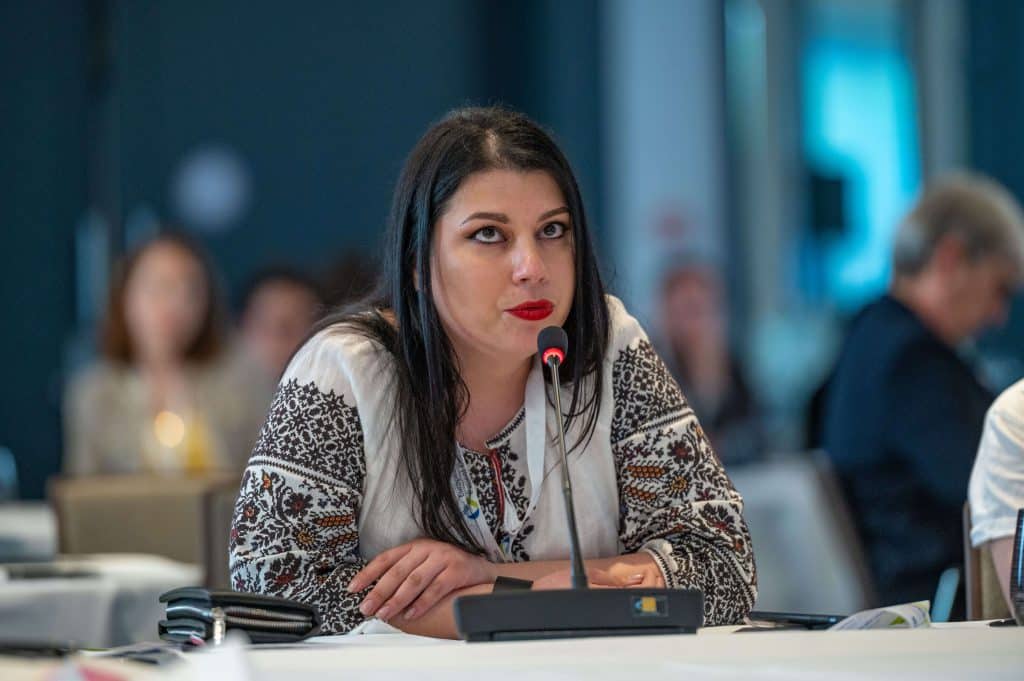
There are also nuances with treatment abroad. Clinics say that everyone will be treated free of charge, but patients who take this opportunity are often in the 3rd or 4th stage. Most likely, they need an innovative expensive therapy, which is not always covered by insurance abroad. Therefore, they are offered either to buy a drug or an alternative method. It’s a matter of luck.
We had situations when we took patients abroad, and they hoped to continue treatment with their drugs. However, local doctors examined them and often found that further treatment no longer made sense. These were already palliative patients who were prescribed painkillers and hospice. Needless to say, it’s hard and knocks the ground out from under your feet. Patients travelling abroad hoping to be saved there received such news and died.
There is a stereotype that we don’t have an appropriate treatment in Ukraine, but there is a magic wand abroad. We tried to communicate that if you were told that doctors couldn’t help you, nothing would change abroad. So we tried to pre-filter patients. It was a challenging procedure in every sense.
We received an application and studied it ourselves. Then patients sent us their documents, and we sent them to oncologists. After that, doctors checked them and consulted. Afterwards, we were told whether it makes sense for a person to go abroad or not. If there were palliative patients, they were referred to a particular doctor for further consultation.
What did you manage to do?
The first thing we did was bacome fact-checks. We searched for information, contacted all the doctors, checked the availability of medicines, found out who was working, sent people there, etc. We also checked which services were provided by hospitals and which were not. Eventually, much depended on geography: in Lviv, everyone worked 150%, and in Kharkiv and Chernihiv, when everything was bombed, no one could go to work.
Some oncology centers had a few doctors, and many patients were on an IV therapy in the basement. Some doctors decided to speed an IV up, and it was risky. But there was no choice.
We immediately created a database of doctors who are ready to consult online. We collected patients’ most common questions, looked for answers, and then wrote posts. We created a Telegram channel with the necessary information, quickly gaining many subscribers and becoming very helpful. Even the doctors thanked us because they also sent information from the channel to their patients.
And, of course, those doctors who used to be professional and open-hearted remained the same during the war. One doctor and I, for example, talked about patients on the first night after she put her baby to bed. Also, there was a case when I spoke to an oncodermatologist, and she said: “I talked to Ania (a director of our foundation), and she was coughing. Tell me, does she need some medicine?” It was light in the tunnel. Doctors often ask how they can help even more. In this case, I asked to write informational posts because many patients were in panic mode because of the delay in chemotherapy. Although, in fact, for many reasons, it can be expected.
I calculated that during this period, 160 people wrote me personal messages. In total, we received 1,200 requests together with the foundation’s social media. I tried to answer everyone, but I often had to say phrases like “I don’t know” or “We can’t”, which finally led to hate and burnout. Our volunteers who called people also said they couldn’t stand it. We have received a strong communication blow because there are very few foundations for adult cancer patients in Ukraine. In the UK, for example, there is an organization for almost every type of cancer.
The second field of our activity during the war is evacuation abroad and the organization of treatment in Ukraine. A separate task is to search for humanitarian aid for oncology centers, but not on a one-off basis.
Initially, our oncology centers didn’t have access to medicines because the main warehouse is located in Vyshhorod, and there was constant fighting nearby. It was challenging to travel around Ukraine and deliver the medication. After the warehouse in Vyshhorod was available, a doctor from Cherkasy was the first to go there. He personally went there by car and took the medicine he needed. That’s why we were looking for different ways.
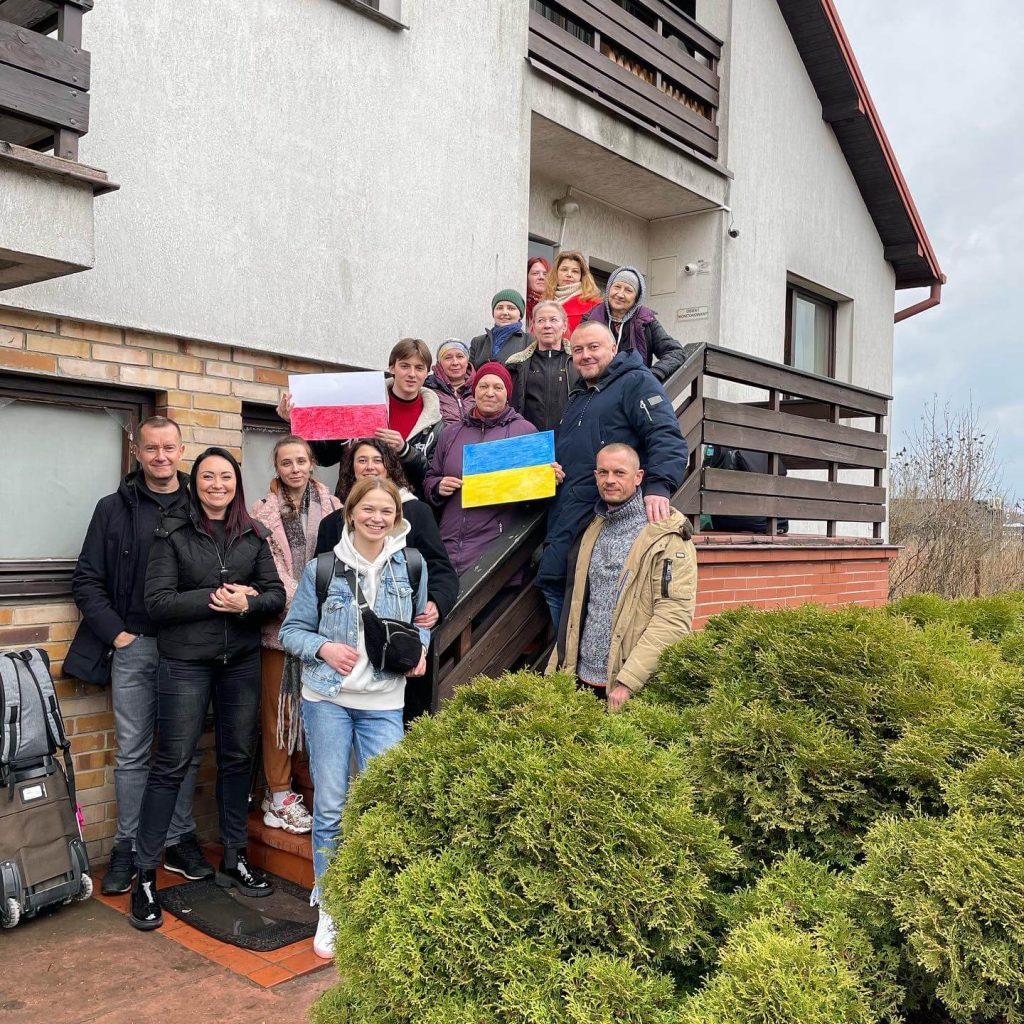
For example, an acquaintance called me and said she had 2,000 medicine packages, $500 per each, for patients with a rare cancer diagnosis. I contacted oncohematologists, and we distributed this drug among oncology centers. Furthermore, we posted information, so five people immediately got it in their hands. In this case, we didn’t buy this drug but connected both sides.
How did the international community help you?
A lot of information about treatment abroad appeared immediately. Our colleagues from Youth Cancer Europe contacted us. The organization helps young cancer patients. We have known each other since 2019. The CEO of this organization wrote on February 27 and asked how they could help, but we were still shocked at the time and didn’t know what kind of help we actually needed. But lately, it became clear that patients would have to travel to a safer place. Youth Cancer Europe is located in Romania, but they have friendly contacts all over Europe. Therefore, it was possible to take people to Romania, and if there was no appropriate treatment, the organization helped with the other options abroad.
We have become ambassadors of Ukrainian patients abroad and have become as involved as possible in communication with international organizations. They don’t give us money directly, but they give us contacts, connect us with clinics, provide information, etc. All these oncological organizations from different countries admit that COVID-19 didn’t unite them as much as the situation in Ukraine did. Even American representatives are now translating their articles into Ukrainian.
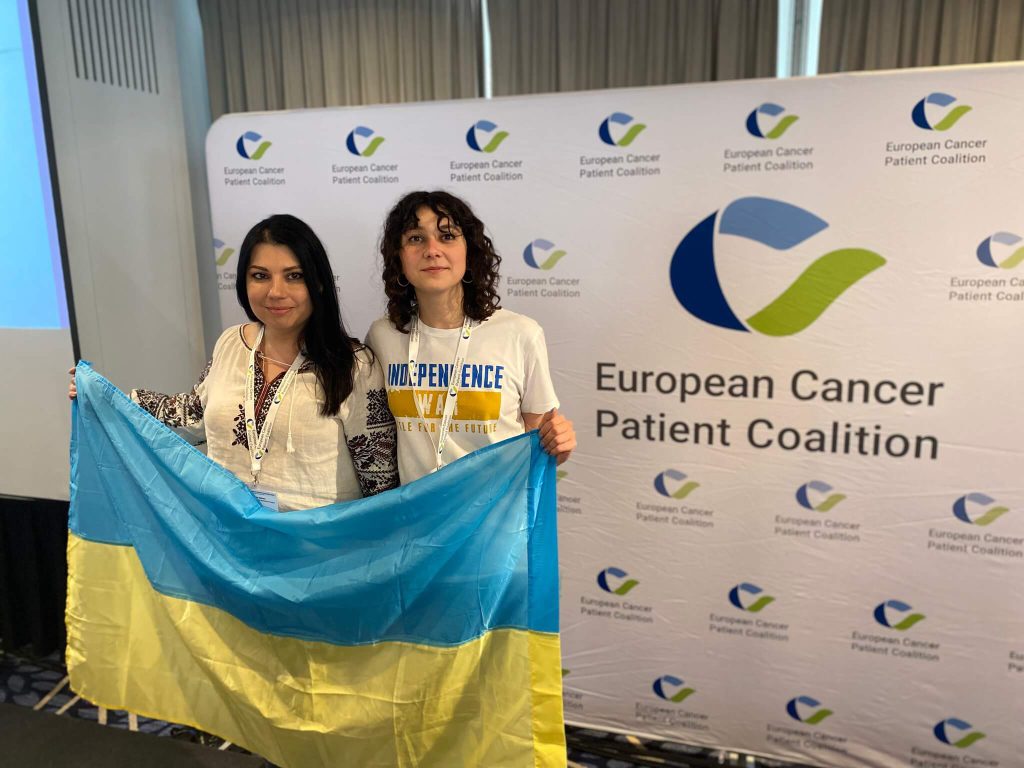
We’ve become super-visible, and that’s good in the long-term perspective. Therefore, business trips are so important. The organization’s director and I went to Brussels for the European Cancer Patient Coalition (ECPC) conference. People were shocked when we told them that more than 400 medical facilities had been bombed in Ukraine. The international community doesn’t have enough money to cover our needs right now, but they are willing to do their best to help us.
I’ve seen oncology centers abroad. They look more like shopping malls and are primarily free. But you have to wait there for a long time. It depends on the country, but somewhere, regardless of the cancer stage, a patient has to wait about a month to see an oncologist. We wrote letters asking to accept Ukrainians because, at that time, people had been without treatment for two months. The only thing we could be offered was to move a consultation a week earlier. There is a lot of bureaucracy here. Our patients are used to the fact that you can come to a hospital, wait in a line and see the doctor on the same day.
You quickly adapted to working in such a challenging environment. But what happened to your team at the beginning?
I went to Lviv, our director Anya and colleague Yulia stayed in Kyiv. Someone went abroad. One of my colleagues, who has three children, immediately warned that she wouldn’t be able to work so actively in the beginning because she had to rescue her children. We totally understood that.
Since I was the first to find myself in a safe place, I took over the communication part. I created a Telegram channel, communicated with patients as much as possible, recruited copywriting volunteers, gave everyone tasks, found volunteers who contacted patients about treatment abroad, etc.
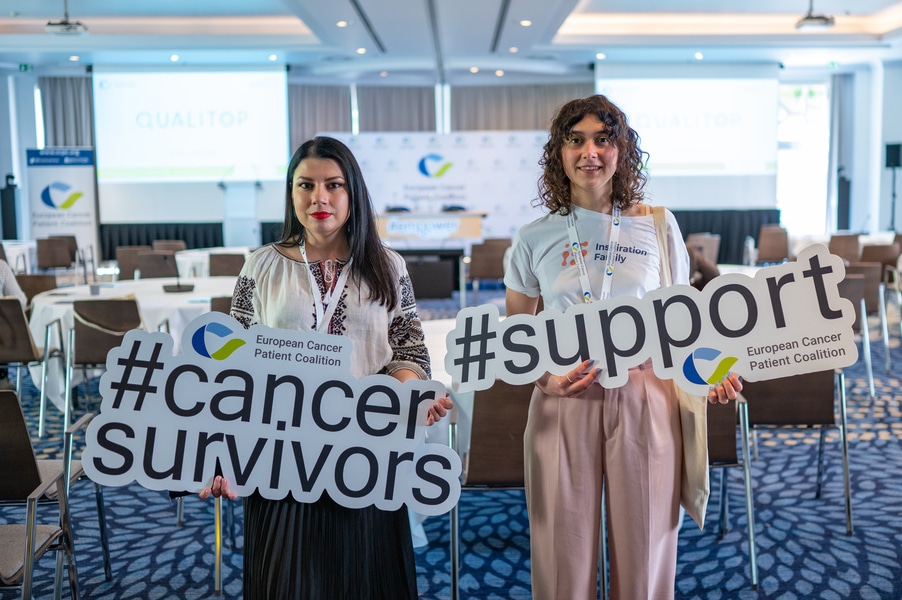
Anya, the foundation director, took over the communication with the Ministry of Healthcare and the state in general, as well as the issues of drug supply and humanitarian aid. At first, it was hard, I was constantly running to the bomb shelters, and the girls who stayed in Kyiv actually lived in the basement for a month and worked from there. It was like this: I read the news, cried, pulled myself together and continued to work.
Despite this, it constantly seems that you personally do so little. But then we communicated with colleagues from abroad, and they were shocked by our productivity. Although, they are also overwhelmed with work because many of our patients come to them. The war gives a significant impetus to change.
And now, after three months of the war, has something changed?
We currently cooperate with the Ministry of Healthcare and evacuate patients. New problems and challenges have arisen. For example, the Ministry of Healthcare helps us transport patients abroad, but there are specific criteria. If the patient doesn’t meet them, but we see that the person can’t continue treatment in Ukraine, we look for options abroad on our own. One of the main problems we haven’t yet solved is the treatment with expensive drugs, as not all countries can provide our patients with them.
We estimated that we need UAH 53 million to provide 420 patients with one of these drugs for six months. It is only one drug and only 420 patients. But we are trying to move forward. Probably, we will do a bit of fundraising.
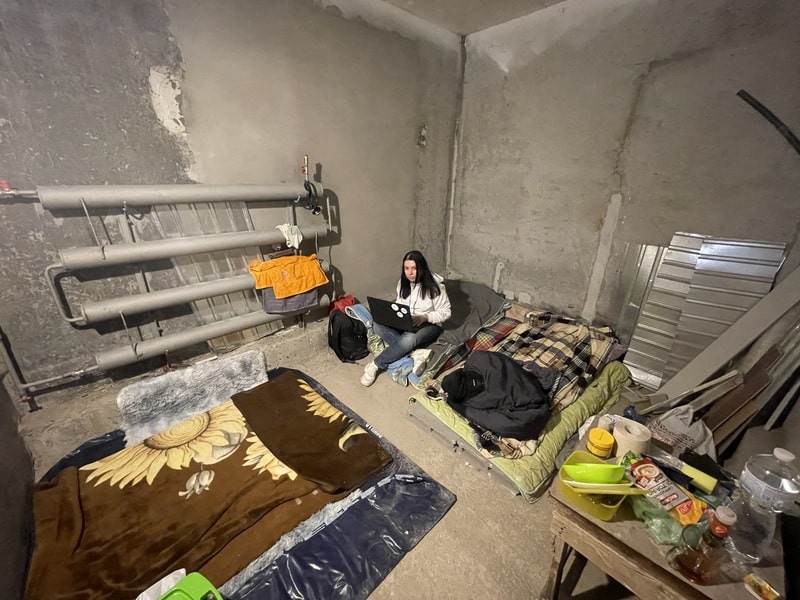
There is now a big problem with accommodation in Ukraine and abroad. People just don’t have much money for that. Patients can’t live in shelters because there are many people there, which is a risk of infectious diseases for those with weak immune systems. Well, the COVID-19 didn’t disappear either.
We aim to communicate about Ukraine with Europe and the U.S. and raise funds from there. Nowadays, we notice a decline in volunteering and assistance. It applies not only to oncology but also to other charitable spheres. We need to be louder than ever before.
How can people help you?
You can donate on the foundation page. Also, you can become our volunteer and write texts. If you are a translator, we really need you. We have translated documents for more than 80 patients so far. It is necessary to draw maximum attention to adult cancer patients. For example, we launched a marathon of stories dedicated to the Day of People with a History of Cancer. You can write about the problem, your experience, and the path of your acquaintances under the hashtag #Needhelptoo. It helps make oncology patients visible even during the war. There are more than a million cancer patients in Ukraine and they need to be visible.

